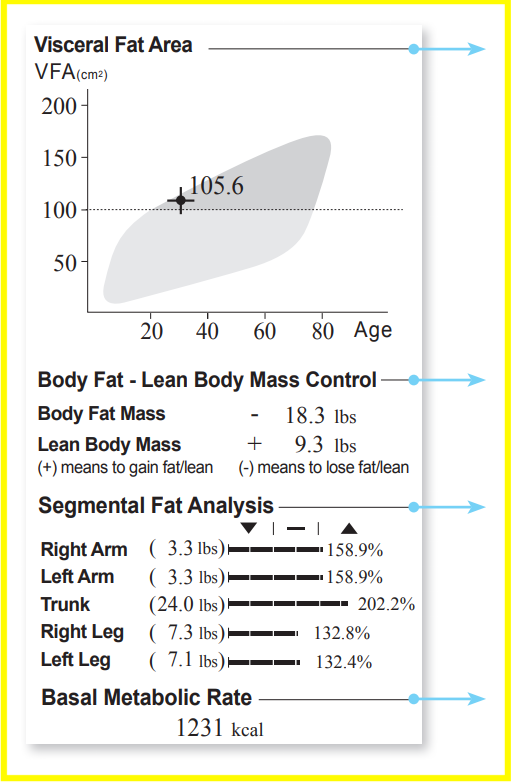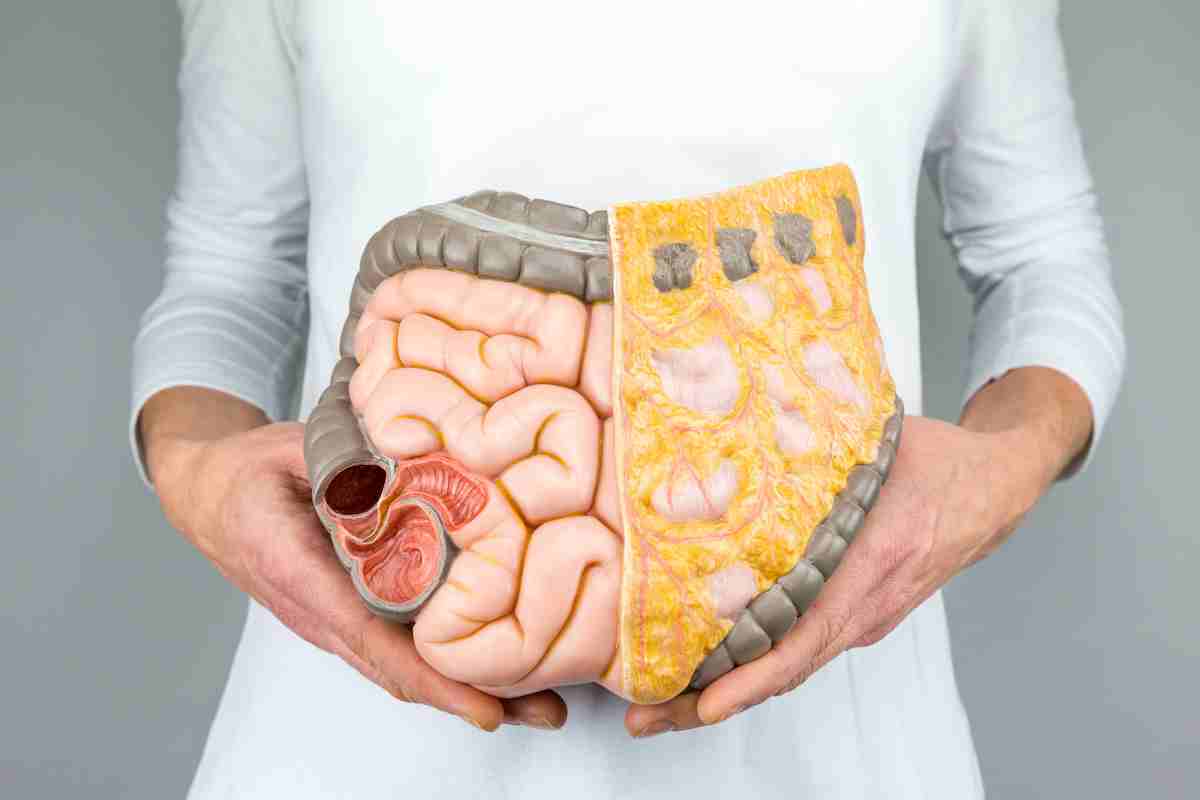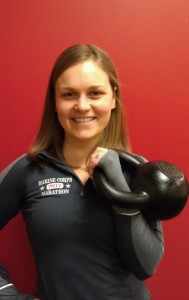Body fat is something that most people view as a part of everyday life, but few recognize that there is a dangerous type of fat that can contribute to heart disease, dementia, cancer, depression and many other diseases.
What is Visceral Fat?
Visceral fat is stored in a person’s abdominal cavity and is also known as a “deep” fat that wraps around major organs. Shape or size can be deceiving when determining if you have visceral fat or not. You may be carrying excess visceral fat within your abdominal cavity whether you are overweight or average size. For example, Body Mass Index (BMI) is used by many as an indicator of health. It involves comparing your weight in relation to your height to give an indication of your weight status. But BMI doesn’t take into account muscle mass, age, sex, ethnicity, general level of fitness. Therefore, even if you have a ‘healthy’ BMI you may still be carrying excessive visceral fat, and could still be at risk of the health complications associated with it.
In addition to giving you a large waist, visceral fat can change the way your body operates. Fat cells do more than simply store extra calories – they pump out hormones and inflammatory substances. Storing excess fat around the organs like the liver, pancreas and kidneys increases production of pro-inflammatory chemicals, and at the same time, it interferes with hormones that regulate appetite, weight, mood and brain function.
We can reduce the negative impact of visceral fat by making a few lifestyle changes:
Revise Your Diet
Aim to eat high-nutrient-dense, real foods. This means avoiding packaged foods and artificial ingredients. We also want to eat plenty of healthy fats, including coconut oil, extra virgin olive oil, wild-caught fish, nuts and seeds. Healthy food fats have beneficial effects on insulin balance, hormones and weight management.
Exercise Regularly
Exercise helps us balance insulin and makes our cells more efficient at using glucose. While different types of exercise can limit cardiovascular risk, studies have suggested that high-intensity resistance training tends to produce faster visceral fat loss than mild or moderate training. But, as always, the best exercise is the exercise that matches your lifestyle and becomes a habit.
Reduce Stress
Stress triggers cortisol production and interferes with appetite control, metabolism, sleep and cravings. The things we do to fight stress (pleasure, play and social connection) are often overlooked when it comes to fat loss, but we know how important it is to beat stress in order to beat excess fat.
Prioritize Sleep
The benefits of sleeping at least seven to eight hours a night are studied and well-documented when it comes to hormone and weight control. Good rest recharges our appetite and stress hormones, boosts our metabolism, and keeps cravings away.

Solid Information You Can Use to Create A Plan
At ForeverStrong we use the InBody scanner to help our clients accurately measure how much visceral fat your body is storing. The Inbody test is a non-invasive body composition analysis that provides a detailed breakdown of your weight in terms of muscle, fat, and water on an InBody Result Sheet. An InBody Test takes only 45 seconds. By monitoring this data over time, you can pinpoint the changes needed in your diet and exercise to achieve your goals.
Our Personal Trainers have helped hundreds of people in Howard County and the surrounding areas lose weight, tone up, and become stronger. Our neighbors in Highland, Clarksville, Columbia, Burtonsville, Olney, Ashton and Silver Spring love their personalized training program. Unlike group fitness classes, each client receives a custom program guaranteed to deliver measurable results. We’d love to help you too. Call us at 301-452-5547 or email info@trainforeverstrong.com to see for yourself. Mention this article for a free session!


